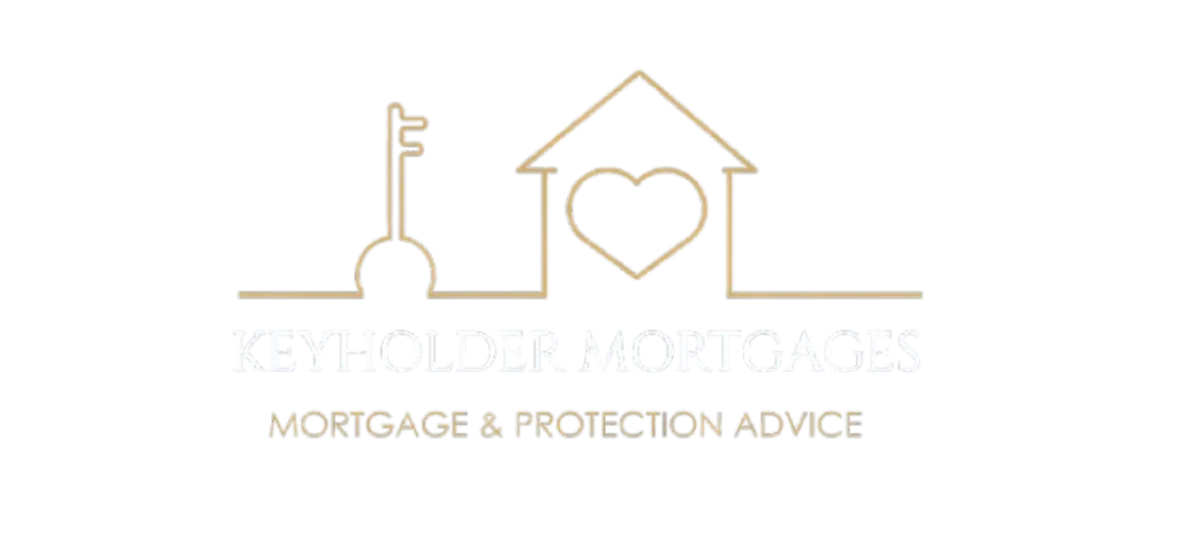
Address: Pauls Farmhouse, Church Street, Belchamp St Paul. Essex.
CO10 7DJ
Call: 01787 209880
Email: [email protected]
FAQ
Mortgage FAQs | Keyholder Mortgages Suffolk & Essex
Keyholder Mortgages FAQ Hub
At Keyholder Mortgages, we understand that finding the right mortgage or financial protection can feel daunting. With over 30 years of experience, Lois Holder has helped hundreds of clients in Suffolk, Essex, and beyond find clear, stress-free solutions.
We’ve put together this FAQ Hub to answer the most common questions our clients ask. If you don’t see your question here, please get in touch — we’re always happy to help.
🏡 First-Time Buyer Mortgages
How much deposit do I need to buy my first home?
Most first-time buyers need a deposit of at least 5–10%. For example, on a £200,000 property, that’s £10,000–£20,000. The larger your deposit, the better the rates available. We’ll help you explore all options, including government schemes.
Can I get a mortgage with a low credit score?
Yes, some lenders offer mortgages for people with less-than-perfect credit histories. We’ll search the market to find the most suitable options for your circumstances.
I’m self-employed — can I still get a mortgage?
Absolutely. Most lenders ask for 2–3 years of accounts or tax returns. We specialise in helping self-employed buyers present their income clearly to secure the right deal.
How much can I borrow as a first-time buyer?
Lenders typically offer 4–5 times your annual income, but this depends on your situation. We’ll give you a personalised estimate based on your income, deposit, and monthly commitments.
🔄 Remortgaging & Rate Changes
Should I remortgage in 2025?
If your fixed-rate deal is ending, it’s worth checking your options. Many lenders’ standard variable rates are higher, so remortgaging could save you money. We’ll review your deal for free and let you know if switching is worthwhile.
How early can I remortgage?
You can usually start looking 3–6 months before your current deal ends. This ensures you don’t get moved onto a higher rate unexpectedly.
Can I remortgage to release equity?
Yes. Many homeowners remortgage to access funds for home improvements, debt consolidation, or big life events. We’ll explain the pros and cons for your situation.
🏘️ Buy-to-Let Mortgages
How much deposit do I need for a buy-to-let mortgage?
Most lenders require a minimum deposit of 25%. The mortgage is also assessed on the expected rental income rather than just your personal income.
Can I get a buy-to-let mortgage as a first-time landlord?
Yes. While criteria can be stricter, we work with lenders who accept first-time landlords and can guide you through the process.
Is a limited company buy-to-let better than personal ownership?
This depends on your tax position and long-term plans. Many landlords now choose limited company structures for tax efficiency, but it’s best discussed with a mortgage advisor and an accountant.
👵 Equity Release & Lifetime Mortgages
What is equity release?
Equity release allows homeowners aged 55+ to access some of the value tied up in their property, either as a lump sum or smaller withdrawals. The loan is usually repaid when you sell your home, move into long-term care, or pass away.
Is equity release safe?
Yes, when arranged through an FCA-regulated advisor like Keyholder Mortgages. We only recommend equity release if it’s right for you and always ensure you understand the impact on inheritance and future plans.
What’s the difference between a lifetime mortgage and a home reversion plan?
A lifetime mortgage is a loan secured against your home, while a home reversion involves selling part of your property in exchange for cash. Lifetime mortgages are more common, and we’ll guide you through the options.
🛡️ Insurance & Protection
Do I really need life insurance with my mortgage?
While it’s not legally required, most people choose life insurance to protect their loved ones. It ensures your mortgage would be repaid if the worst happened, giving your family financial security.
What’s income protection and how does it work?
Income protection replaces part of your income if you can’t work due to illness or injury. It can help cover your mortgage and essential bills, offering peace of mind during difficult times.
Can I arrange critical illness cover with my mortgage?
Yes. Critical illness cover pays a lump sum if you’re diagnosed with a serious illness like cancer or heart disease. We can tailor cover to fit your mortgage and family needs.
🏗️ Bridging Loans & Specialist Finance
What is a bridging loan?
A bridging loan is short-term finance, often used when buying a new home before your current one sells. It “bridges” the gap and is typically repaid once your old property sells or long-term finance is secured.
Who uses bridging loans?
They’re popular with property developers, landlords, or homeowners facing tight moving deadlines. We’ll make sure you understand the costs and exit strategy before proceeding.
❓ General Mortgage Questions
How long does it take to get a mortgage offer?
On average, 2–6 weeks once all documents are submitted. Delays often happen if paperwork is missing, so we’ll guide you through to keep things moving smoothly.
Do I need to use the bank I have an account with?
Not at all. As independent brokers, we compare deals across the whole market to find the best lender for your circumstances.
How much do mortgage brokers charge?
At Keyholder Mortgages, our fees are transparent and explained upfront. In many cases, we’re paid by the lender, so our advice won’t cost you extra.
Why should I use Keyholder Mortgages?
Because you’ll get personal, expert guidance from Lois Holder, who has 30+ years’ experience and treats every client like family. We’re based locally in Suffolk & Essex and pride ourselves on clarity, care, and customer-first advice.
💔 Divorce & Mortgages
What happens to a joint mortgage if we divorce?
If you and your partner divorce, you remain jointly responsible for the mortgage until an agreement is made. Options include selling the property, one partner buying out the other through a remortgage, or continuing payments together until a long-term solution is found.
Can one person take over a joint mortgage after divorce?
Yes, but the person keeping the home must prove they can afford the repayments alone. This usually means remortgaging into a sole name. The lender will reassess affordability before removing the other party from the mortgage.
Can I get a new mortgage after divorce?
Yes, many people take out a new mortgage after divorce. Lenders will look at your income, credit score, and existing financial commitments. A broker like Keyholder Mortgages can help you find the best option for a fresh start.
Do I need my ex-partner’s permission to sell our house?
If both names are on the mortgage or title deeds, you usually need your ex-partner’s consent to sell. In disputes, a court may decide how the property is handled as part of the divorce settlement.
Can I use equity release if I divorce later in life?
Yes, equity release can provide funds if you divorce later in life, but it should be considered carefully. It can help you buy out a partner or downsize, but it may affect inheritance and benefits. Always seek independent advice before proceeding.
📞 Ready to Talk?
Still have questions? Let’s chat through your options.
- ✅ Free, no-obligation consultation
- ✅ Friendly, expert advice from Lois Holder
- ✅ Helping families across Suffolk & Essex for 30+ years
Contact Info
Address: Pauls Farmhouse, Chursch Street, Belchamp St Paul. Essex. CO10 7DJ
Contact Info

Keyholder Mortgages is a trading style of Cutting Edge Mortgages Ltd, which is authorised and regulated by the Financial Conduct Authority FCA No 922009.
© Copyright 2025. Keyholder Mortgages.
All rights reserved.